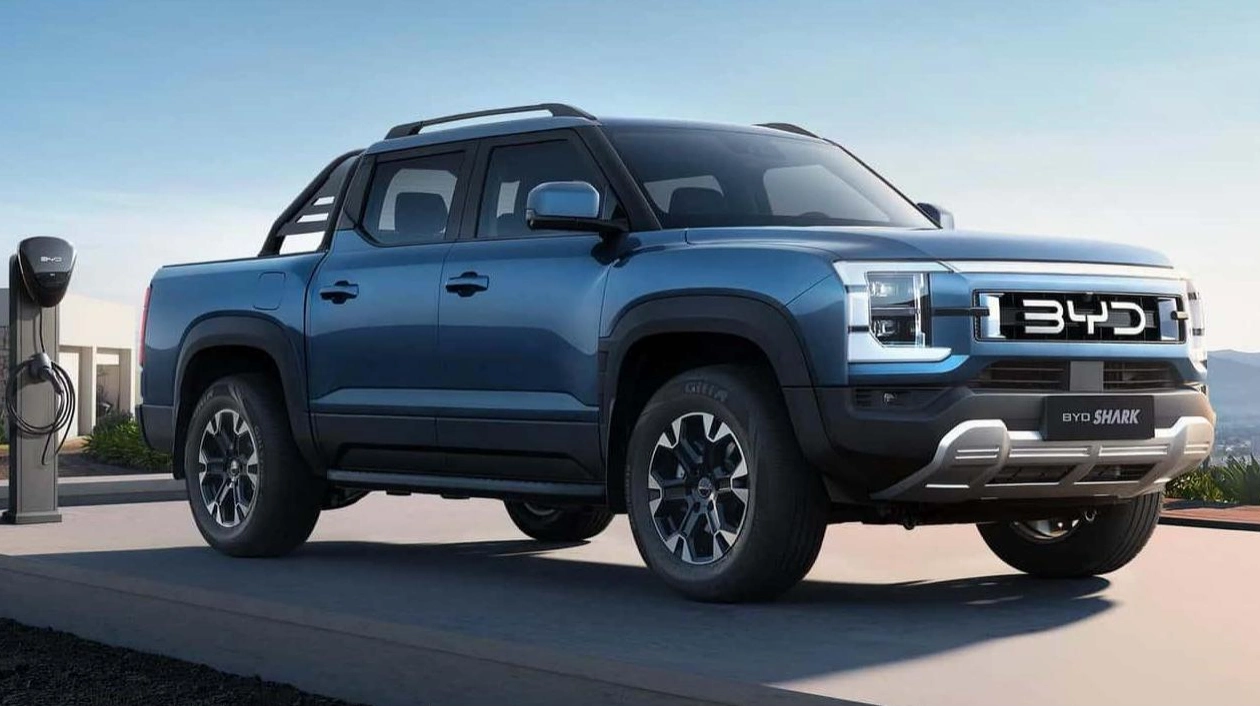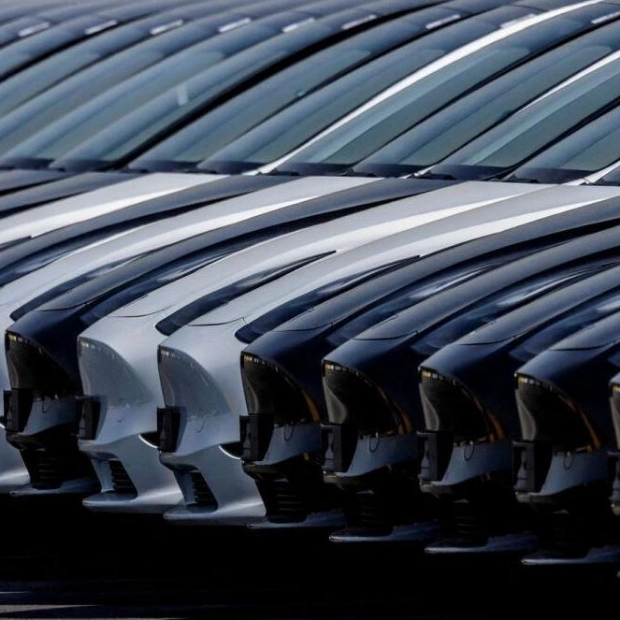The era of Chinese car manufacturers being the butt of jokes in the automotive industry is over. They have not only largely stopped copying designs from established brands but have also significantly improved their engineering prowess. With an abundance of cheap labor and access to materials that international automakers can only envy, they are now a formidable force. After testing local cars during a visit to China, Ford's CEO had a significant realization. According to The Wall Street Journal, Jim Farley informed board member John Thornton that Chinese EV makers pose an 'existential threat.' During one of his trips, the CEO was accompanied by Chief Financial Officer John Lawler, who openly acknowledged that 'these guys are ahead of us.'
Farley has 'seen this movie before,' referring to the rise of Japanese automakers like Toyota and Honda, who managed to capture sales from American brands in the 1980s. He also compared the growing influence of Chinese car manufacturers to the remarkable improvement of Hyundai and Kia in recent decades, particularly in the EV sector. To counter this, Ford announced in early February that a 'skunkworks team' is developing a new platform for affordable EVs to compete with both Chinese and Tesla. Meanwhile, the company is set to launch a fully electric Puma small crossover, though it is unlikely to be sold in the United States. The primary market for the Puma-E is expected to be Europe, where Ford recently postponed its goal of going fully electric by 2030.
Ford's lineup of electric vehicles has been sparse. An electric three-row SUV was initially planned for 2025 but was delayed to 2027 and then canceled last month. Additionally, Ford is cutting EV spending by 10% and pushing back the next-gen electric F-150 pickup truck for the second time, from the initial 2025 to 2026, and now to 2027. Ford has made some intriguing decisions in recent years. Last year, it discontinued the Fiesta, one of Europe’s most popular cars. The supermini's demise follows the discontinuation of the Mondeo in 2022, with the Focus set to follow in 2025. These models have been discontinued in the US, where the Mondeo was sold as the Fusion, and the larger Taurus was retired in 2019.
Many governments worldwide have recognized the Chinese threat and are imposing tariffs on EVs built in China for export markets. Last week, the Biden administration implemented a 100% duty on Chinese EVs. The U.S. Trade Representative's office announced that the import duty will take effect on September 27. Next week, the European Union is expected to vote on higher tariffs. According to Automotive News Europe, the EU plans to impose duties of 36.3% on SAIC, 19.3% on Volvo's parent company Geely, and 17% on BYD cars shipped to Europe. However, Bloomberg reports that these rates are likely to decrease.






